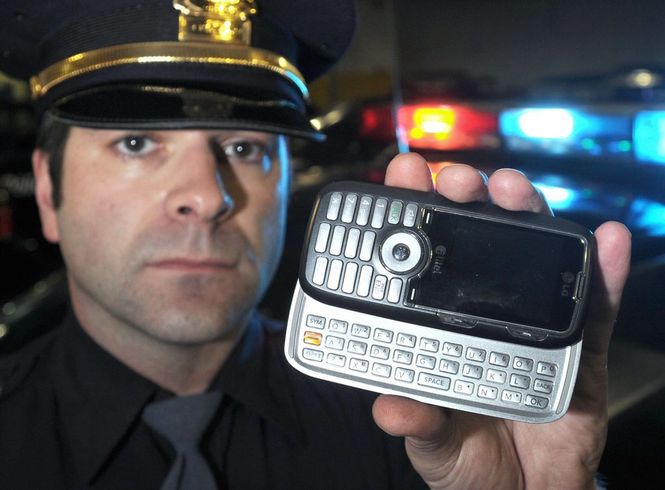Colorado Law – Plain View and Unlabeled Prescription Bottles

By H. Michael Steinberg Colorado Criminal Defense Lawyer
Introduction – Limits on the “Plain View Exception” to the 4th Amendment’s Requirement for a Search Warrant
Both the Fourth Amendment of the United States Constitution and Article II, section 7 of the Colorado Constitution prohibit unreasonable searches and seizures. Any analysis of an alleged violation of your Fourth Amendment rights begins with an understanding of what the right actually protects – your right to privacy, …for the government to leave you alone.
 Colorado Criminal Lawyer Blog
Colorado Criminal Lawyer Blog


 By H. Michael Steinberg Colorado Criminal Defense Lawyer
By H. Michael Steinberg Colorado Criminal Defense Lawyer
